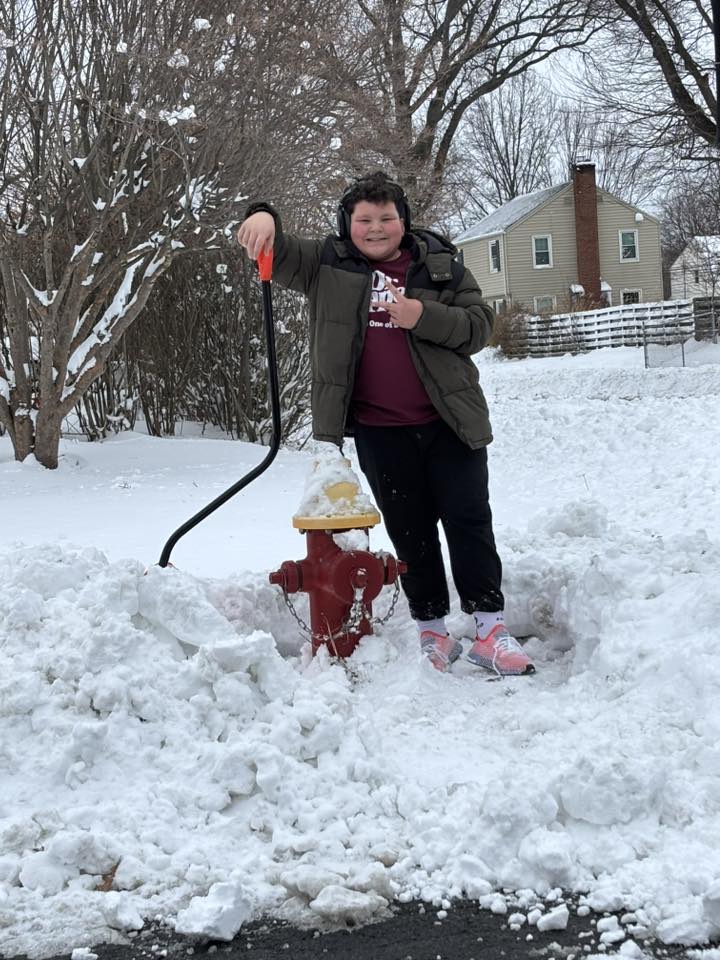Advocates Worry About Utility Shut-Offs As Winter Approaches

Audio By Carbonatix

Courtesy CTNewsJunkie.com
Customers struggling to pay their utility bills should tell utility representatives that they want to be ‘coded for hardship.’
By Hugh McQuaid, CTNewsJunkie.com
With state utility regulators and Eversource Energy deliberating whether and how to extend a pandemic-related moratorium on utility shut-offs, advocates say it’s important for struggling ratepayers to know their rights as cold weather approaches.
For most residential customers, an order prohibiting utility companies from disconnecting service during the pandemic expired on Oct. 1. The order may be extended depending on the outcome of an ongoing motion between regulators and Eversource. Meanwhile, customers have until the end of this week to enroll in a COVID-19 payment plan with their utility providers. Anyone keeping up with the terms of the plans cannot have their service switched off.
But even with uncertainty surrounding the status of these pandemic-related programs, advocates say many people are eligible for financial hardship protections already on the books in Connecticut, they just don’t know it.
Bonnie Roswig, an attorney with the Center for Children’s Advocacy, said Wednesday that it’s important for struggling customers to know their rights during the winter months as utility companies do not always effectively communicate with people who have fallen behind in their payments.
There are “magic words,” which struggling customers should tell their utility companies when they can’t keep up with their bills, she said.
“You have to say ‘I want to be coded for hardship,’” Roswig said.
In order to qualify for hardship, customers must demonstrate a financial need. But once they do, they will be eligible to enroll in flexible payment plans. The specifics of the available programs may depend on the customer’s financial situation. People receiving state or federal benefits may be eligible for a $50 a month payment arrangement. But critically, anyone coded for hardship cannot have their service disconnected between Nov. 1 and May 1.
Roswig said that state utility regulators at the Public Utilities Regulatory Authority have made clear rulings that people struggling financially should not have their utilities turned off during the winter months during a pandemic or otherwise.
“The protections are there. They’ve been there under state law. People should not feel that they’re in crisis because they’re behind on their utility bills. They should be contacting their utility companies and if they have problems they should be reaching out directly to PURA,” she said.
These shut-off protections are especially important as cold weather moves into the state later this week. The National Weather Service is forecasting snow on Friday and temperatures dipping below freezing during the weekend.
It is possible that the pandemic shut-off moratorium may be reinstated by regulators. Unlike the hardship programs Roswig described, the COVID-19 moratorium prevents anyone from having their heating source turned off, regardless of their financial status.
On Sept. 30, the day before the moratorium was set to expire, Eversource requested authorization from PURA to extend the shut-off moratorium through Feb. 9, 2021, which would coincide with the scheduled end of Gov. Ned Lamont’s emergency declaration on COVID-19.
“PURA’s decisions to end the moratorium on customer shut-offs for these customers triggers the arrearage collection processes, including shut-offs. Therefore, Eversource submits this Motion to protect vulnerable residential and small business customers,” the utility’s attorneys wrote in a Sept. 30 motion to state regulators.
Although regulators have yet to issue a formal ruling, they did respond saying the utility could extend the shut-off moratorium in the meantime at its own discretion.
“Further, the Authority clarifies that Eversource is not required to immediately resume collections or shut-off customers’ service once the PURA-mandated Shut-off Moratorium expires,” Jeffrey R. Gaudiosi, executive secretary of the regulatory body, wrote in reply. “Eversource may, but is not required to, terminate residential customer utility service for nonpayment of a delinquent account balance.”
However, the utility is pushing to have regulators reinstate an order forcing them to maintain the moratorium, which poses less financial risk to the company than a discretionary moratorium.
In a statement, Tricia Taskey Modifica, a spokesperson for Eversource, said the utility is regulated by the state and couldn’t “prudently” take actions not approved by regulators. She said the company was anxiously awaiting regulators’ decision.
“Continuing the moratorium is the right thing to do for customers who have faced financial hardship, uncertainty and an unprecedented series of other challenges as the COVID-19 pandemic persists, and we are hoping that PURA will agree and authorize us to reinstitute the moratorium,” Modifica said.
In the meantime, anyone can opt before the end of the week to enroll in a COVID-19 payment plan with their utility companies without demonstrating financial need and without making a down payment. The payment plans, which can be up to two years long, include monthly payments calculated without fees or interest. Any customer enrolled in a plan and meeting its monthly payment cannot be disconnected from service.
“The COVID-19 Payment Program says that anyone who has gotten an arrearage because of COVID or during this time for whatever reason – life stuff, their work stopped, people had other expenses – they had 24 months to pay off their arrearage,” Roswig said.
Republished with permission from CTNewsJunkie.com, all rights reserved.
Like what you see here? Click here to subscribe to We-Ha’s newsletter so you’ll always be in the know about what’s happening in West Hartford! Click the blue button below to become a supporter of We-Ha.com and our efforts to continue producing quality journalism.



